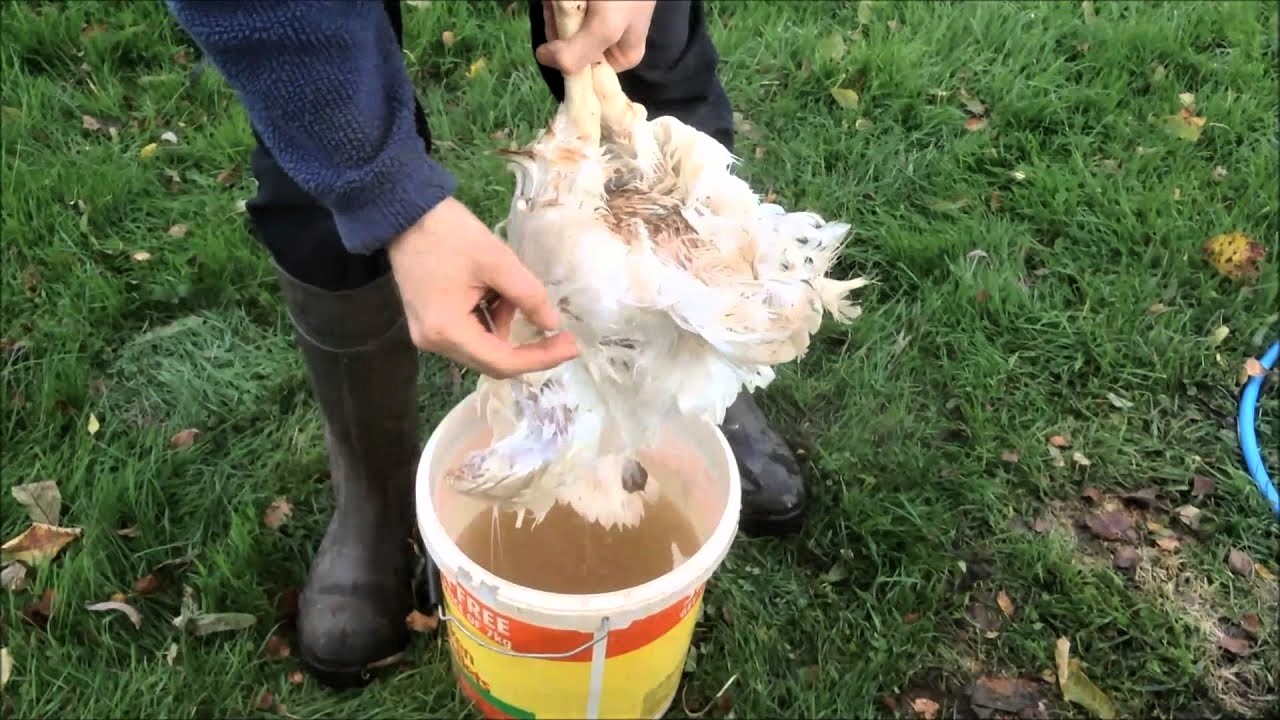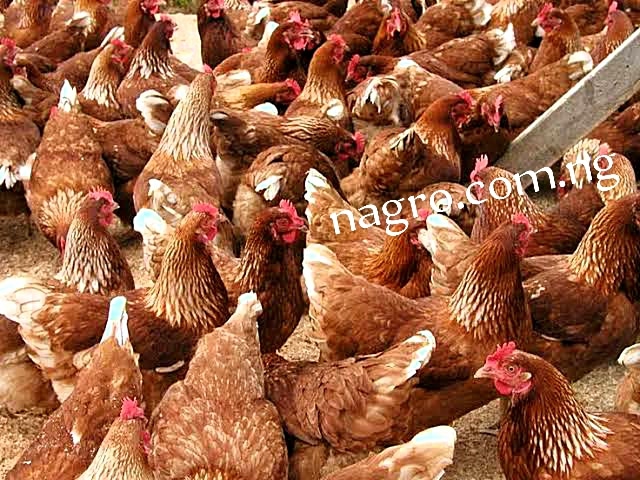How To Make Homemade Electrolytes For Chickens
This post is written to address questions on how to make homemade Electrolytes for chickens. In it you’ll find what an electrolyte is, and how to make a homemade electrolyte for chickens yourself. Do well to read till the end..
Electrolytes can be used to treat a sick chicken in the ward or to sustain your entire flock. Electrolytes replace the vitamins and minerals that are lost during periods of intense heat and stress. They support kidney and respiratory functions and raise immunity. Electrolytes are also helpful when under stress, when a flock is ill, or when traveling. They occasionally give your chickens a little boost.
With ingredients you already have in the kitchen, electrolytes are simple to mix at home. Depending on how it will be used, the mixture’s strength will vary. Give a weaker mixture to a sick bird in need of additional medical attention, and dilute the mixture when giving electrolytes for general support.
High temperatures pose a challenge for chickens. They are susceptible to heat stress, heat exhaustion, heat stroke, and even death in hot weather. They are unable to perspire to keep cool. During hot summers and heat waves, they try to release heat by panting and holding their wings out to increase airflow, but these methods are ineffective. Giving your chickens electrolytes is one way to keep them hydrated during heat waves.
Also Read Management of laying Chicken (layers)
Only administer electrolytes to your chickens when necessary, and only for a few days at a time. Make sure to always have access to clean, regular water. The health of your chicken may suffer if you use too much salt.
Homemade Electrolytes For Chickens Are Made Up Of These Materials
1 gallon of water in the homemade electrolyte recipe for chickens
1 teaspoon of sugar
One teaspoon of baking soda
1 salt shakerful
Combine ingredients above and stir until dissolved.
Making Your Own Electrolytes To Fight Heat Exhaustion
When temperatures rise, chickens face a very real risk of suffering from heat exhaustion, heatstroke, or even passing away. They are somewhat limited in their capacity to cool down because they don’t sweat like humans do. If you’re wondering how to keep chickens cool in the summer, plenty of shade and cool water are very helpful. Additionally, you can use homemade electrolytes. Chickens hold their wings out from their bodies while panting to release body heat. Most Mediterranean-originated heritage chicken breeds tend to be smaller in stature, lighter in color, and have very large combs because the comb on a hen or rooster functions as a radiator, letting excess heat escape from the body.
Because the symptoms of heat exhaustion build up over time, several days of temperatures above 80 degrees F, especially when there is a lot of humidity, can start to have an adverse effect on your flock.
Warning Signs Of Heat Exhaustion
Rapid mouth breathing, consuming large amounts of water, skipping meals, decreased egg production, diarrhea, lethargy, unsteady gait, or lying down with their eyes closed are examples of sick chicken symptoms that could indicate heat exhaustion. Put a chicken’s feet in a tub of cool water and take her inside if you think it might be getting too hot outside. A chicken’s body temperature can be quickly but safely lowered by cooling her feet and/or comb.


